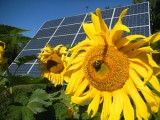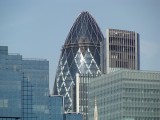
United Nations (UN) has declared unanimously the decade 2014-2024 as the Decade for the Sustainable Energy for All, underlying the importance of the renewable energy for a sustainable development of all the people of the world. This resolution reaffirms the…



